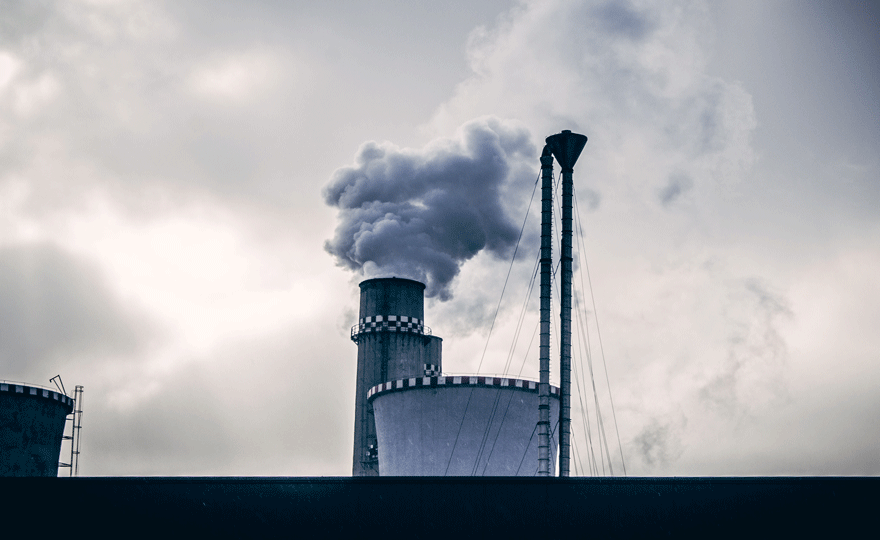ClientEarth Communications
22nd August 2018


In June 2018 the Supreme Administrative Court of Poland ruled that NGOs do not have legal standing in cases relating to the penalties that may be imposed on local authorities for exceeding deadlines for the adoption of Air Quality Programs under Directive 2008/50/EC of the European Parliament and of the Council of 21 May 2008 on ambient air quality and cleaner air for Europe (the Air Quality Directive).
This judgment is another ruling which denies access to justice in the field of air quality.
In 2014 ClientEarth requested standing before the different Regional Inspectorates for Environmental Protection in cases relating to the imposition of penalties on local authorities for exceeding the deadlines for adopting Air Quality Programs. In most of those cases, the local administrative authorities had no doubts that an NGO may represent a social interest. However, in one of them, legal standing was denied. This case finally got to the Supreme Administrative Court, which upheld the decision that NGOs do not have the possibility to participate in proceedings relating to the imposition of financial penalties for failure to perform the duties related to the implementation of Air Quality Programs.
According to the Court, the imposition of penalties in environmental cases, even if they are based on the Environmental Law Act, have only a fiscal nature, which has a very remote relationship with environmental protection. Therefore, the result of the proceeding will not directly affect environmental protection conditions, but will merely lead to determining the amount of the penalty.
The Court also said that imposing financial penalties cannot be assessed in the light of benefiting the social interest. It eventually stated that an entity which does not have its own legal interest in the case relating to penalties and which acts on behalf of the social interest does not have legal standing.
In this decision, the provisions on the standing rights of NGOs were interpreted very strictly. The Court did not agree that the case comes within the scope of environmental protection. Moreover, the Court did not share the view that the penalty, which ranges between 10 000 PLN to 500 000 PLN, directly influences the amount of funds available for financing environmental protection .
There is no doubt that fines play a significant role in the enforcement of obligations related to air quality, but only if they are correctly assessed. For a number of years, ClientEarth has been involved in many activities related to the protection of air quality in Poland, including monitoring the transposition and implementation of the Air Quality Directive. It also took part in the process of developing Air Protection Plans in Poland and participated in numerous consultations and public debates. Such a broad expert experience would be an asset to the proceedings, as it would contribute to a proper assessment of circumstances related to the violation of the obligations incumbent on local authorities.
Unfortunately, as a result of the decision of the Supreme Administrative Court of Poland, environmental organisation may not provide any arguments in proceedings relating to the imposition of penalties, so the only entities that are involved are the public authorities.
Access to Justice is a fundamental means through which citizens and NGOs can support the implementation and enforcement of laws and policies to protect the environment. The goal of this ATOJ-EARL project is to achieve “Access to Justice for a Greener Europe”. It strives to enhance access to justice in environmental matters by providing information, training and support for the judiciary, public authorities and lawyers of eight European member states. ClientEarth and Justice and Environment are implementing this project with the financial support of the European Commission’s LIFE instrument.
